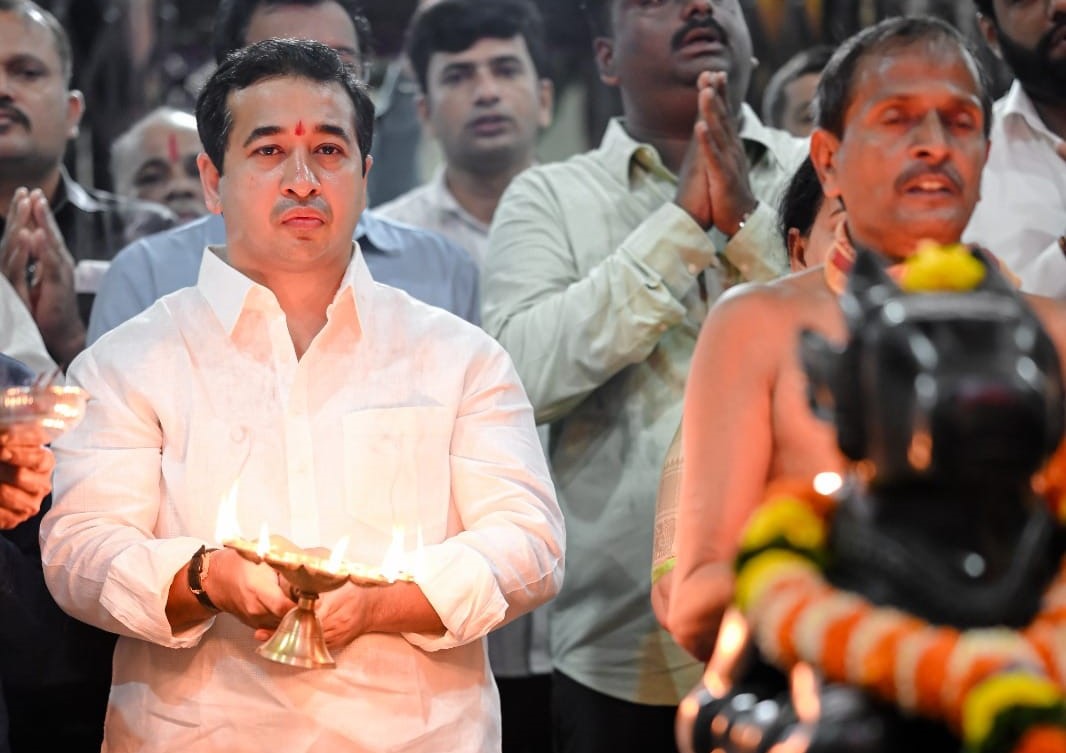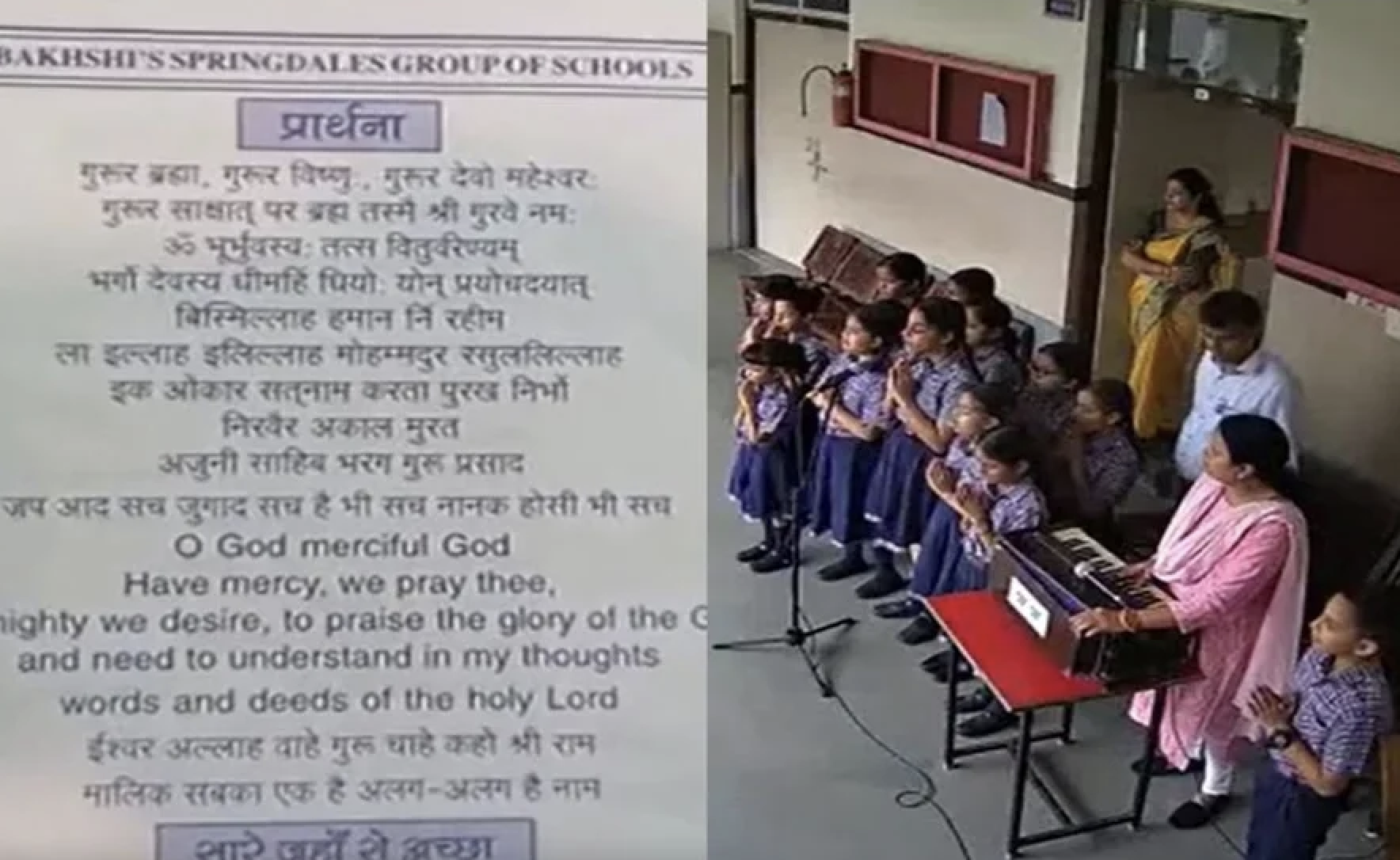
Lucknow: Students and academics have criticised the Narendra Modi government’s decision to discontinue the Maulana Azad National Fellowship, calling the move “anti-minority”.
MANF is a fellowship for economically weaker students from minority communities. It covered all institutions recognised by the University Grants Commission (UGC).
Students from six notified minority communities – Muslim, Buddhist, Christian, Jain, Parsi and Sikh – received financial help from the scheme for higher education in MPhil and PhD programmes.
The United Progressive Alliance government, led by Manmohan Singh, had launched the MANF in an effort to implement the 2006 recommendations of the Sachar Committee. It’s named after India’s first education minister, Maulana Abul Kalam “Azad”.
Students and academics say that the decision to withdraw the MANF is part of the BJP regime’s “anti-minority” playbook. Calling it an “unfair” decision, they say it shows the Modi government’s disregard for freedom fighters.
Maulana Azad’s family also criticised the move, saying it clearly shows the government’s intent to make the freedom fighter’s contribution to the country inconsequential.
Experts noted that the move would make higher education inaccessible to underprivileged students from minority communities.
Sukhadeo Thorat, former chairman of the UGC, pointed out, “Muslims have the lowest gross enrolment ratio (GER), at 16%, in higher education [institutions] among all the communities in the country as compared to the national average of 26.3%.”
This story was originally published in thewire.in . Read the full story here






